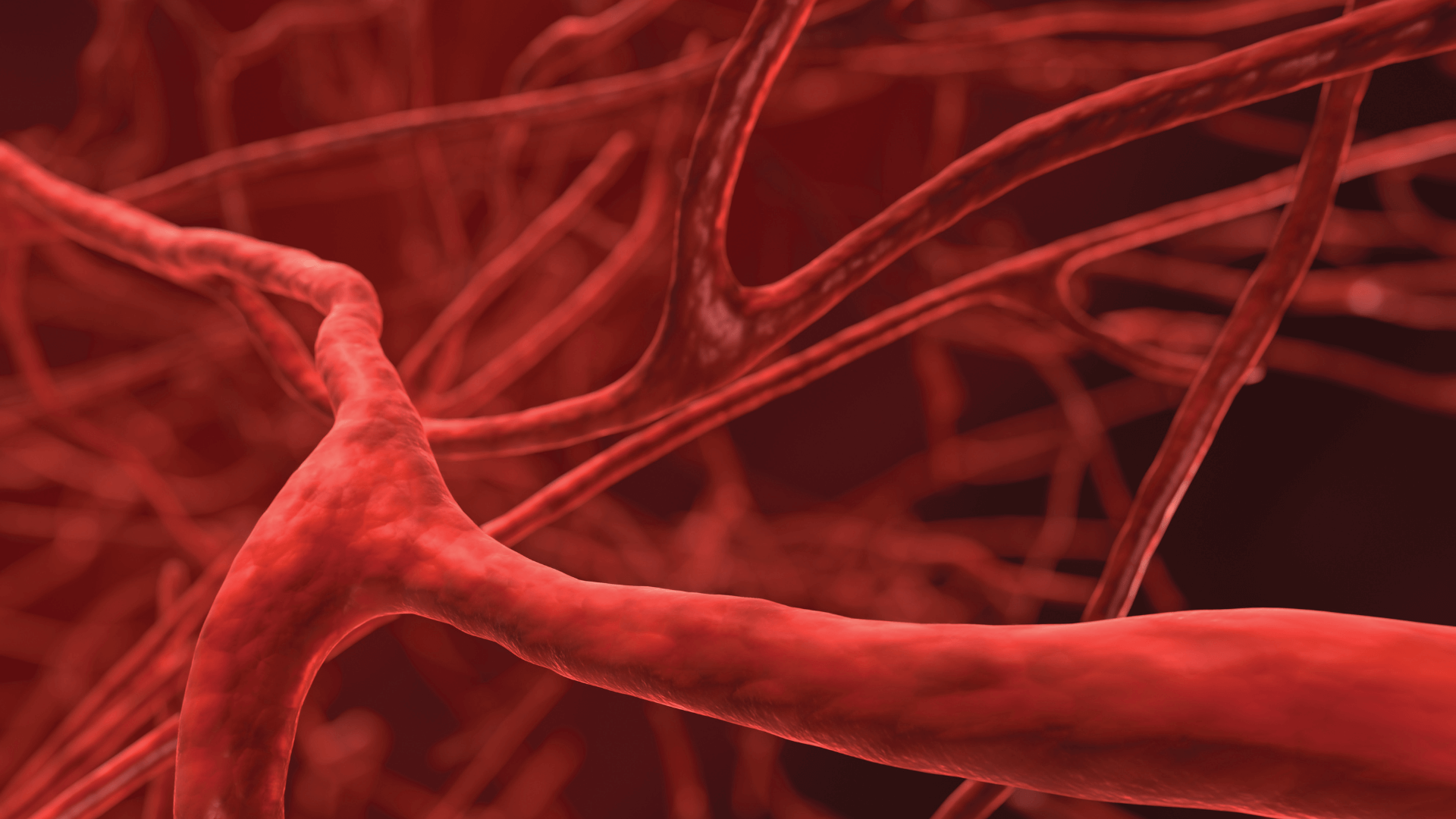Each year, October 13 marks World Thrombosis Day, a vital reminder of the risks posed by venous thrombosis, a condition that encompasses deep vein thrombosis (DVT) and pulmonary embolism (PE). Vein thrombosis affects millions worldwide and can be life-threatening if left undiagnosed or untreated. At Atallah Vascular Center, we are dedicated to raising awareness about VT and encouraging everyone to understand the risk factors that contribute to this silent yet dangerous condition.
What is Venous Thrombosis?
Venous thrombosis is a condition where a blood clot (thrombus) forms in a vein, obstructing normal blood flow. This can occur in any vein, but it most commonly affects the deep veins in the legs, a condition known as deep vein thrombosis (DVT).
Key Risk Factors for VT
Although anyone can develop VT, certain risk factors significantly increase the likelihood of blood clot formation. It’s crucial to understand these factors to better protect yourself and your loved ones.
Prolonged Immobility: Extended periods of immobility, such as during long flights, car rides, or bed rest due to illness or surgery, can increase the risk of DVT. When the legs remain still for too long, blood flow slows, making clots more likely to form.
Surgery and Trauma: Major surgeries, especially those involving the hips, knees, or abdomen, increase the risk of blood clots. Trauma or injury to the veins can also lead to DVT, as the body’s natural clotting response can sometimes go into overdrive.
Age and Medical Conditions: Age is a key risk factor for VT. People over the age of 60 are at a higher risk. Certain medical conditions, such as cancer, heart disease, and chronic respiratory issues, can also predispose individuals to develop blood clots.
Hormone Therapy and Pregnancy Hormone-related factors, including hormone replacement therapy: (HRT) and birth control pills, can increase clotting risk due to the changes in the blood’s coagulation. Pregnant women are at higher risk of VT, particularly in the third trimester and postpartum period.
Obesity: Obesity places additional strain on the circulatory system, slowing blood flow and contributing to an increased risk of clot formation. Maintaining a healthy weight is a proactive step in reducing the likelihood of developing VT.
Personal or Family History of Clotting: If you or a family member has a history of DVT, PE, or other clotting disorders, you are at a higher risk of VT. Genetic predispositions can also play a role, so it’s essential to inform your healthcare provider if clotting disorders run in your family.
Smoking: Smoking damages blood vessels and increases the risk of clot formation. Smokers are at a significantly higher risk of developing VT, and quitting smoking is a critical step toward improving overall vascular health.
Signs and Symptoms of VT
Recognizing the symptoms of DVT and PE is critical for timely treatment. Common signs of DVT include:
- Swelling in one leg (or arm)
- Pain or tenderness in the affected area, often described as cramping or aching
- Red or discolored skin
- Warmth in the affected leg
Symptoms of a pulmonary embolism (PE) can include:
- Sudden shortness of breath
- Chest pain, especially when breathing deeply
- Rapid heart rate
- Coughing up blood
If you experience any of these symptoms, seek medical attention immediately.
Prevention and Treatment of VTE
Preventing Vein Thrombosis often involves lifestyle changes and medical interventions. Staying active, maintaining a healthy weight, and avoiding smoking are simple yet effective ways to reduce your risk. In some cases, your doctor may recommend blood thinners or compression stockings if you are at high risk for clotting.
At The Atallah Vascular Center, we offer comprehensive screenings and treatments for VT. Our vascular specialists are here to guide you through understanding your risk factors and working with you to prevent or manage this serious condition.
On World Thrombosis Day, take the time to learn about venous thrombosis and how to protect yourself. Understanding the risk factors, recognizing the symptoms, and seeking appropriate medical care can save lives. At Atallah Vascular Center, we are committed to providing expert care to help prevent and treat VT, ensuring that our patients live healthier, safer lives.
If you or a loved one is concerned about your risk for VT, contact us today to schedule a consultation with our expert team.
Take action, raise awareness, and prioritize your vascular health this World Thrombosis Day.

